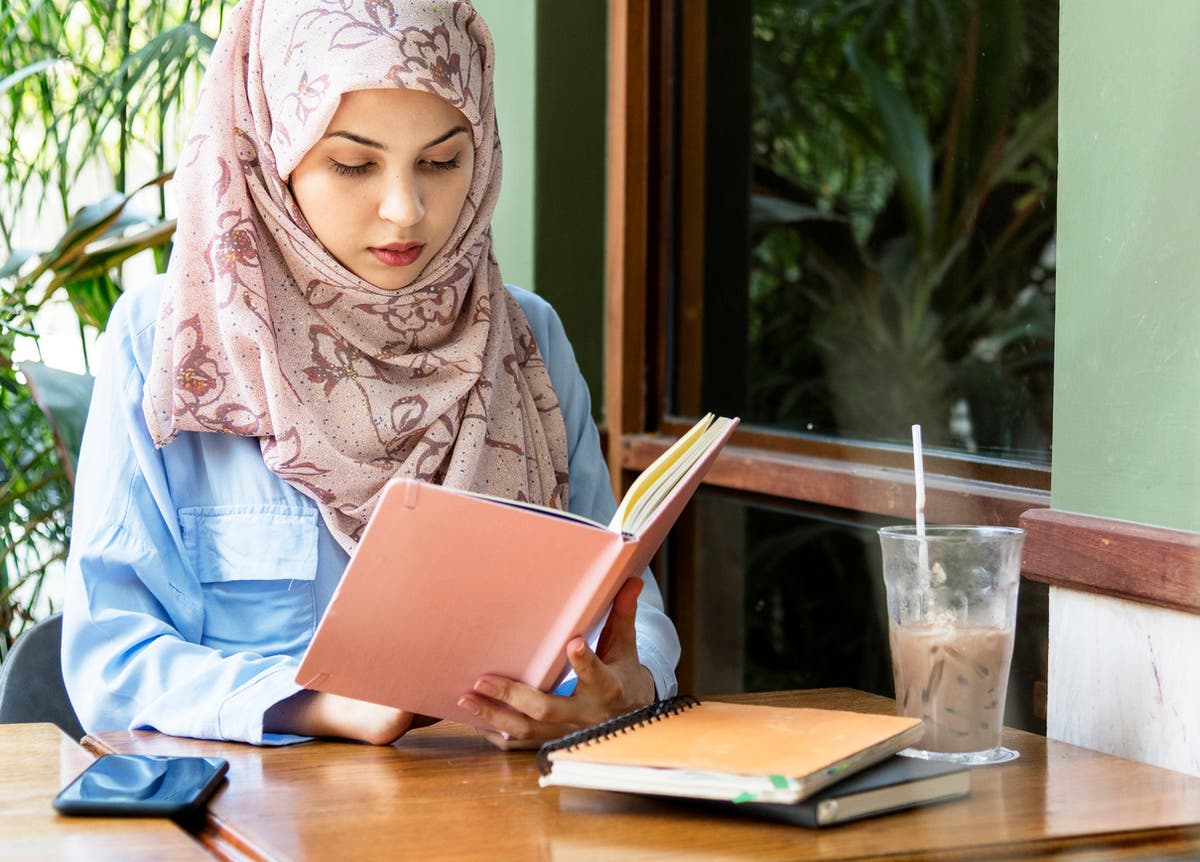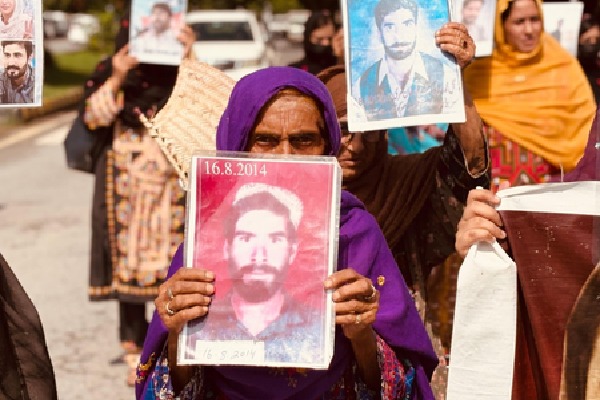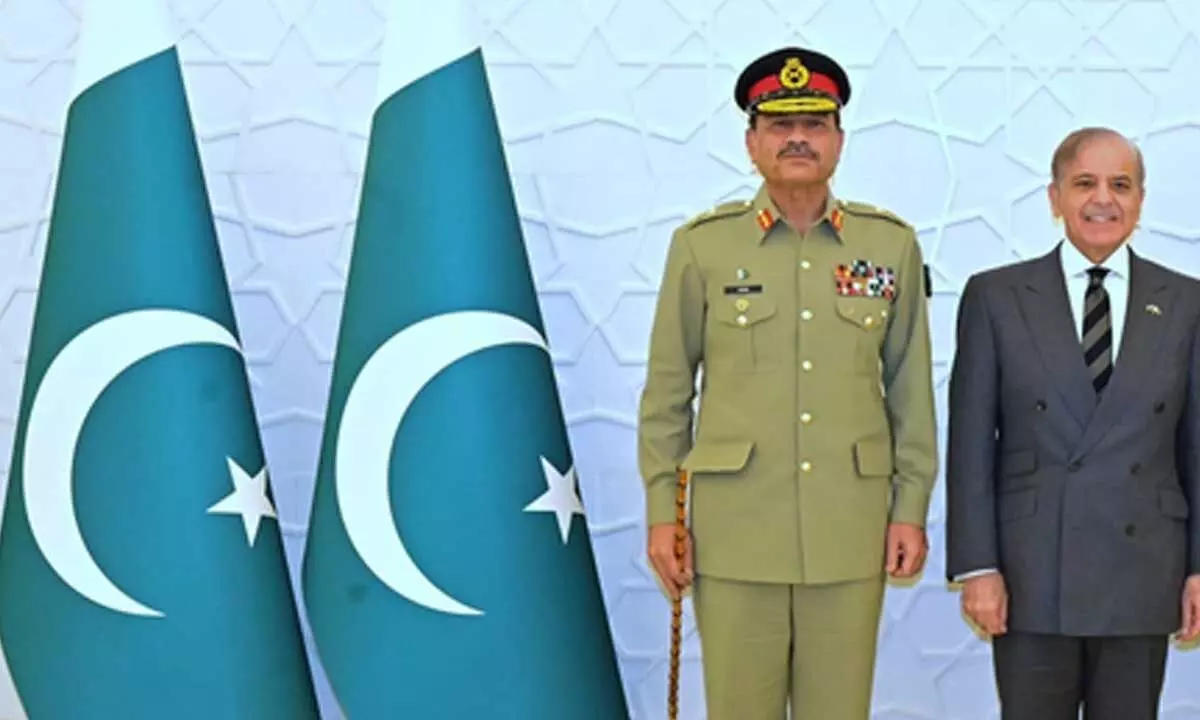
The women in Pakistan are getting more and more scared of going out and using public transport specially after the Minar-e-Pakistan case and many more which followed it.
Just in the past two days, we have seen reports of students being raped, women being sexually assaulted, and even a woman’s corpse being raped. To what depths have we fallen and what will women need to do even engage in a meaningful conversation on the issue? What is the government doing to protect almost 50 percent of the citizens? Are the laws which exist being implemented? And where does the dialogue begin in a society, where people are less and less willing to even listen or understand what the problem is – and where gaslighting is almost second nature to most.
In the first place, women in Pakistan have continued to suffer under patriarchy, unable to make their own decisions, forced into believing they are in some ways inferior, different, destined only for marriage and the life within the home. This may have changed to some degree. But the violence that they face appears to only be increasing. Women who grew up in the 1960s or 1950s say they do not remember it to this extent. But then perhaps a lack of reporting was involved? Ominously, incel spaces online have gained traction, directing hatred towards women and using bad-faith arguments. Public space for women – already negligible – now faces even more restrictions. In all this, it was encouraging to see the number of people present at the Minar-e-Pakistan protest on Saturday against what happened to Tiktoker Ayesha Akram, who has had to face double the trauma of first having been attacked by near 400 men and then being shamed senselessly for having ‘asked for it’. We wonder why, amidst all this hate, violence, fear and state apathy, women are still policed when they dare to say they feel unsafe here? We need a holistic change based around the education imparted in schools and the training imparted within households so that boys are trained and sensitized regarding violence against women; equal rights; gender-based discrimination.






